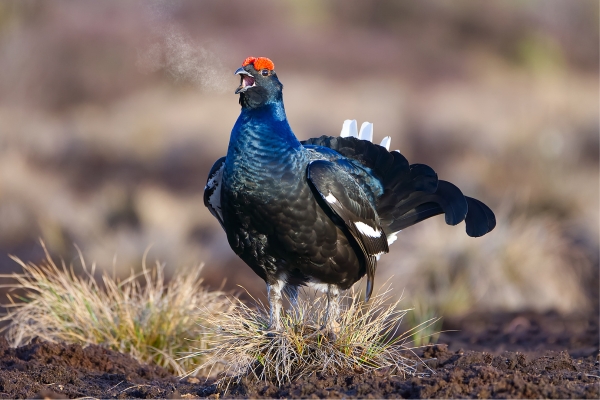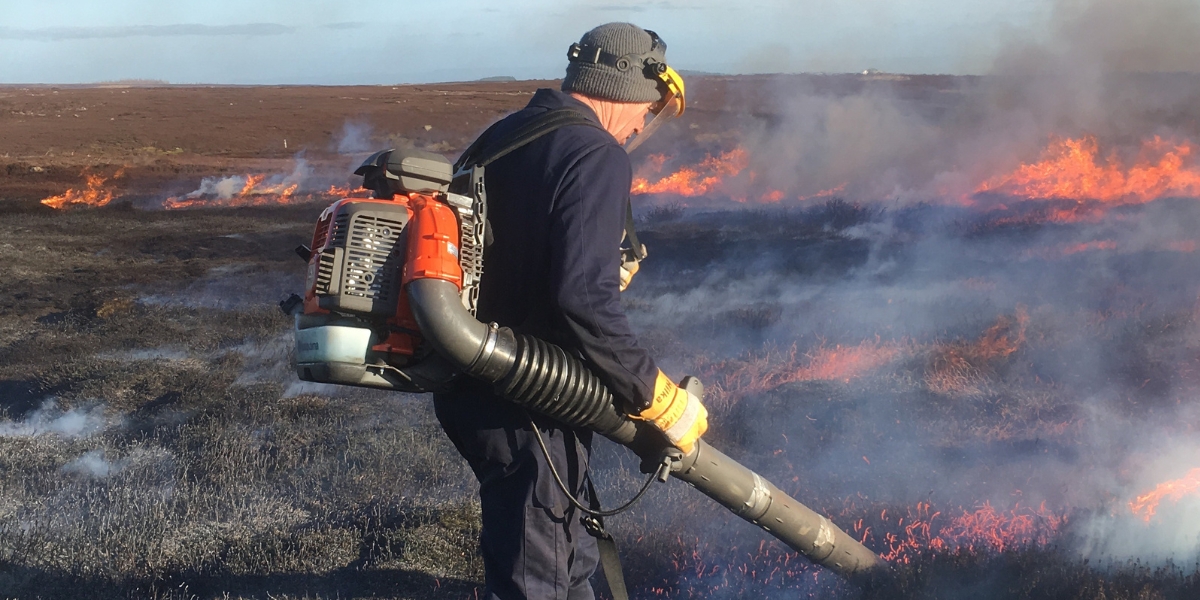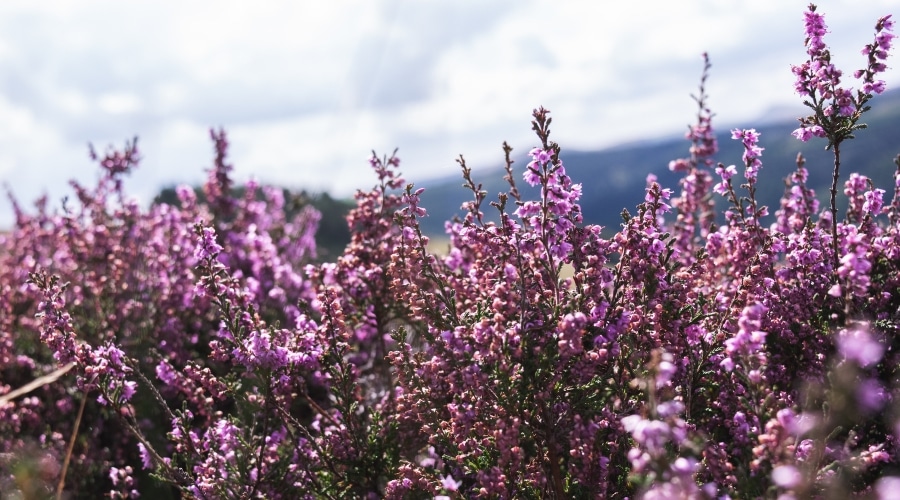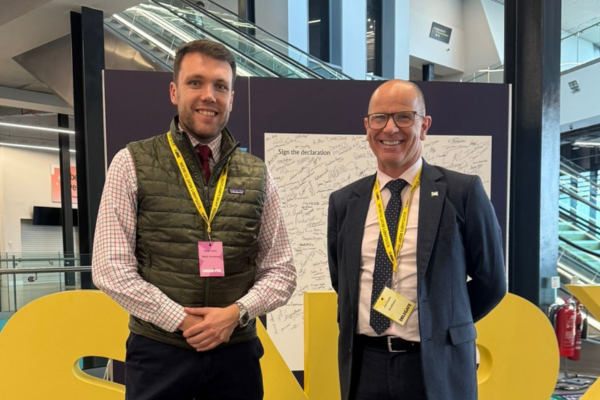
You hear them before you see them
The BASC Wildlife Fund is supporting ground-breaking work to conserve black grouse. Fund trustee John Furbisher went to check on progress.
Get information on the legal shooting season for mammals and birds in the UK.
Apply for funding for your project or make a donation today
Comprehensive information and advice from our specialist firearms team.
Everything you need to know about shotgun, rifle and airgun ammunition.
Find our up-to-date information, advice and links to government resources.
Everything you need to know on firearms law and licensing.
All the latest news and advice on general licences and how they affect you.

The extension of a ban on controlled burning on deep peat in England’s uplands has been labelled contradictory and ill-conceived by BASC.
Controlled burning has been an essential tool in the uplands for hundreds of years for grazing, livestock, improving habitat for diverse wildlife, managing grouse moors and wildfire mitigation.
The new restrictions were announced today, 9 September, by Defra and come into force at the end of this month. BASC warns that they will increase wildfire risk in a year that has seen record-breaking temperatures and an unprecedented number of wildfires ravage parts of the country.
Alex Farrell, BASC head of uplands, said: “Recent reports have pointed to 2025 being the worst ever year for wildfires in the UK – with the total set to eclipse 1,000.
“The irony is, as regulation tightens, the risk of large-scale wildfires increases. In the name of protecting peatlands, they may well be being set up to burn. We believe that this announcement today is contradictory and ill-conceived.”
BASC also has concerns about the impact the ban will have on biodiversity in the uplands and remote upland communities.
Defra’s announcement will see an existing burning ban extended to cover 676,628 hectares of deep peat in England up from the current 222,000 hectares. The extension comes into force from 30 September and redefines deep peat from the current 40cm to 30cm depth.
Defra says a “refined” licencing system which allows prescribed burning in “exceptional circumstances” will also be introduced.
Controlled burning, which does not burn the peat, skims the moorland surface and stimulates new growth. When done properly, it reduces the amount of old, dry vegetation known as fuel load, which is the single biggest factor in the severity of wildfires. These burns are low-temperature, fast-moving, and crucially, they do not damage the peat or underlying root systems. They are carried out by skilled professionals under already tightly regulated conditions and are a far cry from the wildfires that destroy habitats and release vast amounts of carbon.
Alex Farrell added: “As the climate continues to change, those who manage the uplands need more practical tools, not fewer. Controlled cool burning isn’t the threat, it’s part of the solution.”
BASC responded robustly to an eight-week consultation on Defra’s plans earlier this year, pointing out the positive benefits of responsible heather burning and insisting that changes to burning regulations should be evidence-based and tied in with practical land management.

The BASC Wildlife Fund is supporting ground-breaking work to conserve black grouse. Fund trustee John Furbisher went to check on progress.

Researchers from the University of York published the findings following 10 years studying the impact of land management practices on moorland habitats.

BASC welcomed constructive discussions on muirburn at the Scottish Wildfire Summit, held yesterday in Granton-on-Spey.